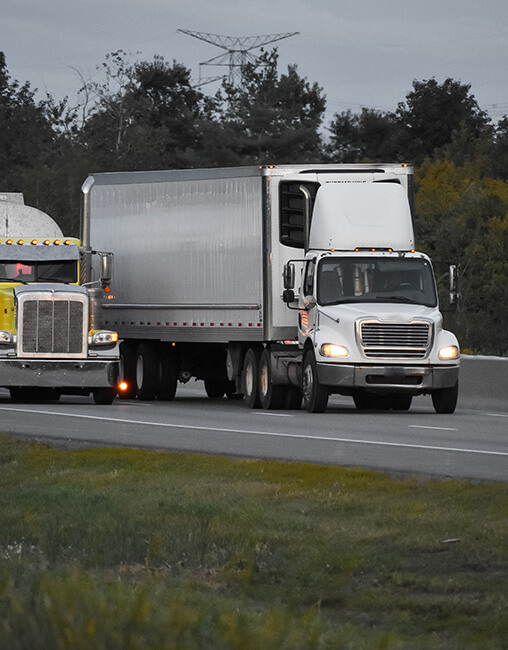To give you an overview of freight costs, we want to delve deeper and take a look at those costs that appear on the ‘origin’ side! The origin side refers to all the different activities that occur in the country where your cargo is coming from. So this includes moving it from the factory or warehouse to the port, storing it there and loading it onto the assigned vessel.
The common origin charges
The logistics supply chain is a complicated process and there are a number of potential services throughout. The cost of these services will often depend on the type of cargo you’re shipping and the countries you’re shipping it to and from.
There are, however, some common service charges that we see almost every day – and that you can probably expect to appear:
Terminal Handling Charges (THC) – Before your container can be loaded onto a vessel, there are a number of tasks that need to be done at the port. For example, just as we check-in for a flight, your cargo will be checked-in at the port a few days before vessel departure. When that date comes around it will need to be moved to the vessel and cranes load the container on board. Your THC cover the cost of these different tasks.
Verified Gross Mass Filing (VGM) – When your container is at the port it will be weighed by the carrier – this will be checked against the weight declarations you have supplied. There are regulations for some countries (China for example) where every container needs to be measured before boarding a vessel. If the weight you have filled doesn’t align with the weight at the port, then you could face extra costs and delays.
Port security – Think of this like a parking fee! If your container is stored at the port it will be in a secure area – but there will be a lot of trucks coming and going to load/unload other containers.
Seal Charges – When your cargo has been loaded into your container, it needs to be sealed to keep safe and avoid any damage – that’s what this covers. However, there are many different types of seals and each country has some that they accept and some that they don’t. That means when you’re sealing your container you need to make sure your seal is accepted in both origin and destination countries – to avoid any delays or penalties on your cargo.
Customs Clearance – Whatever you’re shipping, you need to declare your cargo. If there’s something suspicious or extra checks need to be made, your cargo may need to go through customs. Different countries have different regulations when it comes to customs and they may have different charges, or prohibited items – so be aware. At AML Cargo we realise the need to get your goods through customs and understand the challenges it may cause. That’s why we can handle Customs Clearance for you.
Know your incoterms
These are just some of the charges that you can face on the origin side of your shipment – and there are many more. Whether you have to pay them all depends on the incoterms you have agreed with the shipper of your cargo. That’s why it’s important to know your incoterms and to pick the right one – because in some cases, the shipper will cover all freight costs on the origin side.
Beware of obstacles
There’s always the potential that delays will be a barrier to your shipment. However, if you’ve brought your container to the port on time then no extra charges will be incurred for delays. Our award-winning customer care team can provide assistance on freight costs – as we’ll not only keep customers informed of possible delays as they happen, but do everything to ensure that your cargo still arrives on time.
